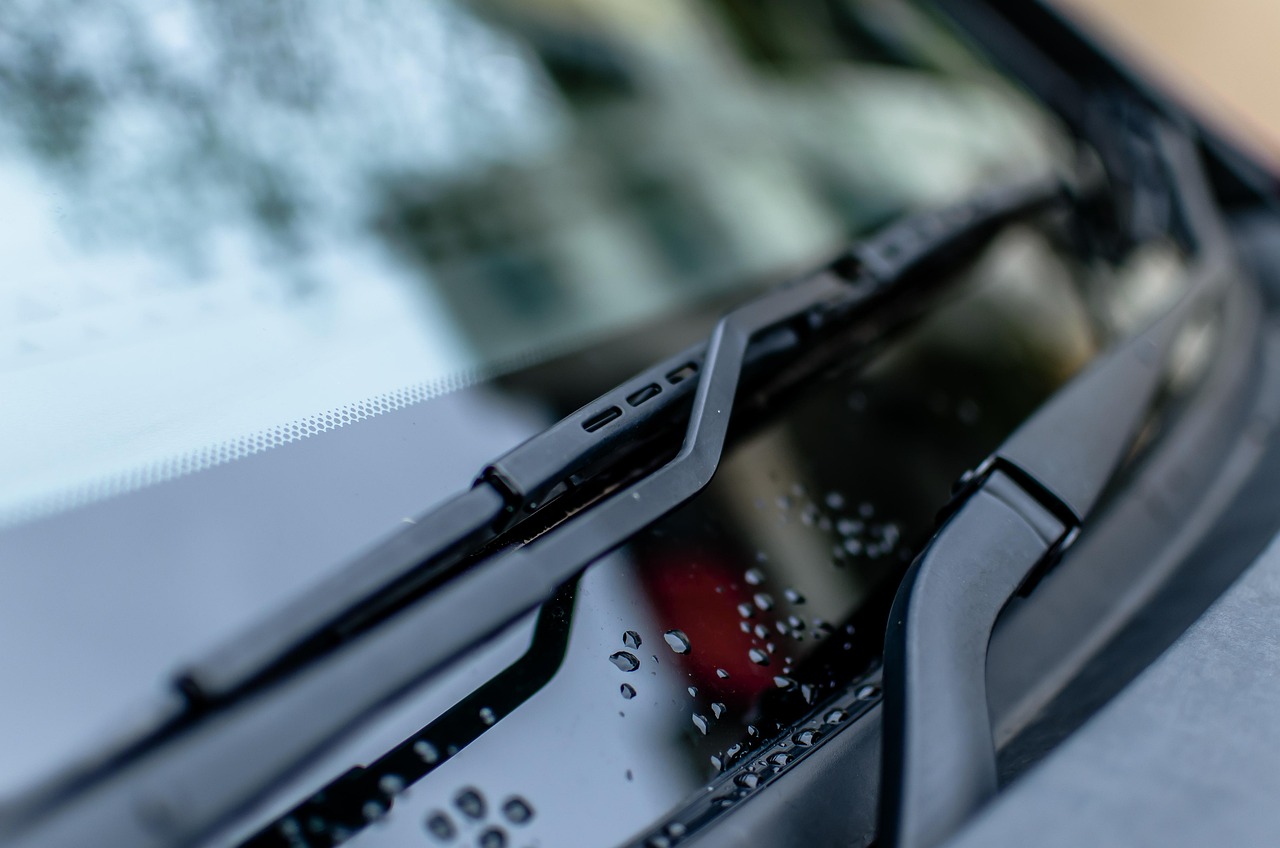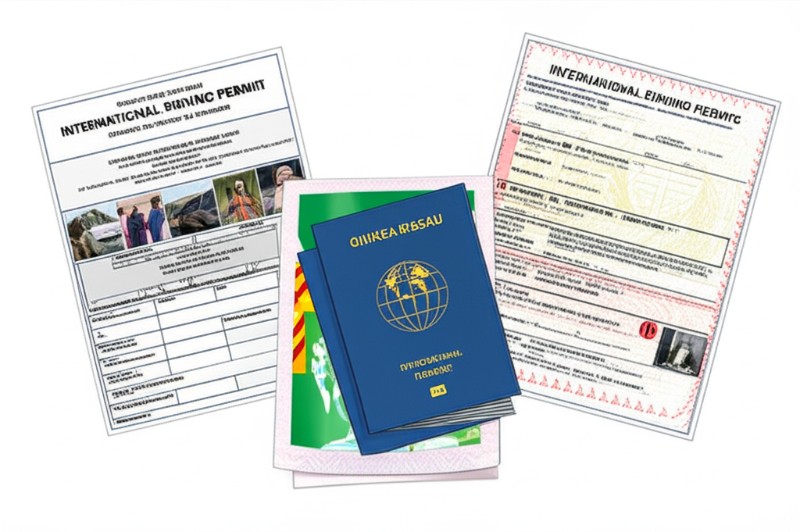Maximizing Corrosion Resistance in Industrial Welding Projects

Strong 8k brings an ultra-HD IPTV experience to your living room and your pocket.
Corrosion poses a significant challenge in industrial welding projects. When metals are exposed to moisture, chemicals, and various environmental conditions, they can degrade over time. This degradation can lead to costly repairs and serious safety hazards. Therefore, maximizing corrosion resistance is crucial for ensuring the longevity and reliability of welded structures. This blog will explore effective strategies to enhance corrosion resistance, specifically focusing on using mild steel sheets and other techniques.
Understanding Corrosion in Welding
Corrosion is a natural process where metals react with their environment, leading to deterioration. In welding, several factors contribute to corrosion, including:
Moisture Exposure: Humidity and direct contact with water can accelerate corrosion, particularly in weld areas where protective coatings may be compromised.
Chemical Reactions: Certain chemicals can cause metals to corrode more rapidly, especially in industrial settings where various substances are present.
Weld Quality: Poorly executed welds can create weak points in structures, making them more susceptible to corrosion.
Strategies for Maximizing Corrosion Resistance
Use of Corrosion-Resistant Materials: Selecting the right materials is essential. While mild steel sheets are commonly used for their affordability and workability, they are prone to corrosion if not properly treated. Consider using coatings or alloying with corrosion-resistant elements to enhance their corrosion resistance.
Protective Coatings: Protective coatings, such as paint, galvanization, or powder coating, can provide an effective barrier against moisture and corrosive chemicals. Ensure that the coating is applied correctly and inspected regularly for any signs of wear.
Proper Welding Techniques: Proper welding techniques can significantly reduce the risk of corrosion. This includes controlling the heat input, ensuring good fusion, and avoiding contaminants during welding. High-quality welds are less likely to develop cracks and crevices where corrosion can initiate.
Post-Weld Treatments: Consider applying post-weld treatments, such as passivation or anodizing. These processes can improve the corrosion resistance of the welded area by creating a protective oxide layer.
Regular Inspections and Maintenance: Routine inspections can help identify early signs of corrosion. Regular maintenance, including cleaning and touch-ups of protective coatings, can extend the lifespan of welded structures and mitigate corrosion risks.
Design Considerations: Incorporating design features that minimize corrosion risk is essential. This may include avoiding sharp corners or crevices where moisture can accumulate and ensuring proper drainage in structures to prevent water retention.
Environmental Control: In some cases, controlling the environmental conditions in which the welded structures operate can help minimize corrosion. For example, dehumidifiers in enclosed spaces can reduce moisture levels and limit corrosion potential.
Conclusion
Maximizing corrosion resistance in industrial welding projects is vital for ensuring the longevity and safety of structures. While mild steel sheets are a popular choice due to their cost-effectiveness, their susceptibility to corrosion necessitates carefully considering protective measures. By utilizing corrosion-resistant materials, applying protective coatings, employing proper welding techniques, and conducting regular inspections, you can enhance the durability of your welding projects. Investing in corrosion resistance is not just about preventing deterioration; it’s about ensuring the reliability and safety of your industrial applications for years to come. By following these strategies, you can significantly reduce the risks associated with corrosion, leading to safer, more efficient industrial operations.
Note: IndiBlogHub features both user-submitted and editorial content. We do not verify third-party contributions. Read our Disclaimer and Privacy Policyfor details.







